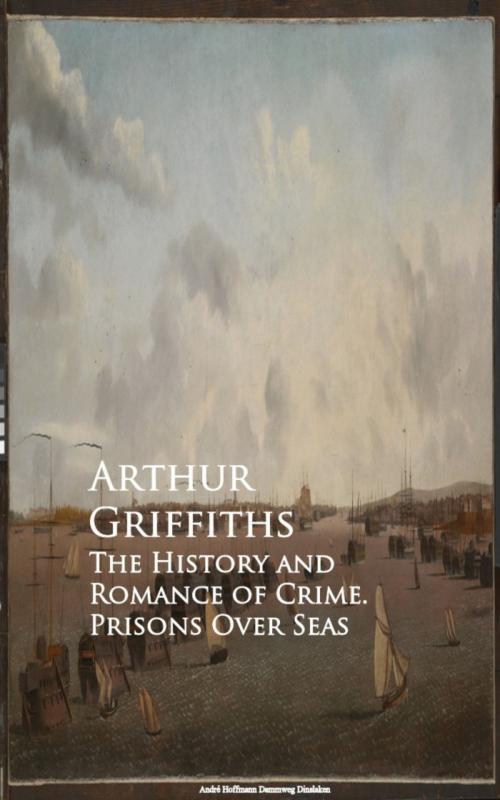| Author: | Arthur Griffiths | ISBN: | 9783736412422 |
| Publisher: | anboco | Publication: | September 1, 2016 |
| Imprint: | Language: | English |
| Author: | Arthur Griffiths |
| ISBN: | 9783736412422 |
| Publisher: | anboco |
| Publication: | September 1, 2016 |
| Imprint: | |
| Language: | English |
It will hardly be denied after an impartial consideration of all the facts I shall herein set forth, that the British prison system can challenge comparison with any in the world. It may be no more perfect than other human institutions, but its administrators have laboured long and steadfastly to approximate perfection. Many countries have already paid it the compliment of imitation. In most of the British colonies, the prison system so nearly resembles the system of the mother country, that I have not given their institutions any separate and distinct description. No doubt different methods are employed in the great Empire of India; but they also are the outcome of experience, and follow lines most suited to the climate and character of the people for whom they are intended. Cellular imprisonment would be impossible in India. Association is inevitable in the Indian prison system. Again, it is the failure to find suitable European subordinate officers that has brought about the employment of the best-behaved prisoners in the discipline of their comrades: a system, as I have been at some pains to point out, quite abhorrent to modern ideas of prison management. As for the retention of transportation by the Indian government, when so clearly condemned at home, it is defensible on the grounds that the penalty of crossing the sea, the "Black Water," possesses peculiar terrors to the Oriental mind; and the Andaman Islands are, moreover, within such easy distance as to ensure their effective supervision and control. Nearer home, we may see Austria adopting an English method,—the "movable" or temporary prison, by the use of which such works as changing the courses of rivers have been rendered possible and the prison edifices of Lepoglava, Aszod and Kolosvar erected, in imitation of Chattenden, Borstal and Wormwood Scrubs.
It will hardly be denied after an impartial consideration of all the facts I shall herein set forth, that the British prison system can challenge comparison with any in the world. It may be no more perfect than other human institutions, but its administrators have laboured long and steadfastly to approximate perfection. Many countries have already paid it the compliment of imitation. In most of the British colonies, the prison system so nearly resembles the system of the mother country, that I have not given their institutions any separate and distinct description. No doubt different methods are employed in the great Empire of India; but they also are the outcome of experience, and follow lines most suited to the climate and character of the people for whom they are intended. Cellular imprisonment would be impossible in India. Association is inevitable in the Indian prison system. Again, it is the failure to find suitable European subordinate officers that has brought about the employment of the best-behaved prisoners in the discipline of their comrades: a system, as I have been at some pains to point out, quite abhorrent to modern ideas of prison management. As for the retention of transportation by the Indian government, when so clearly condemned at home, it is defensible on the grounds that the penalty of crossing the sea, the "Black Water," possesses peculiar terrors to the Oriental mind; and the Andaman Islands are, moreover, within such easy distance as to ensure their effective supervision and control. Nearer home, we may see Austria adopting an English method,—the "movable" or temporary prison, by the use of which such works as changing the courses of rivers have been rendered possible and the prison edifices of Lepoglava, Aszod and Kolosvar erected, in imitation of Chattenden, Borstal and Wormwood Scrubs.















